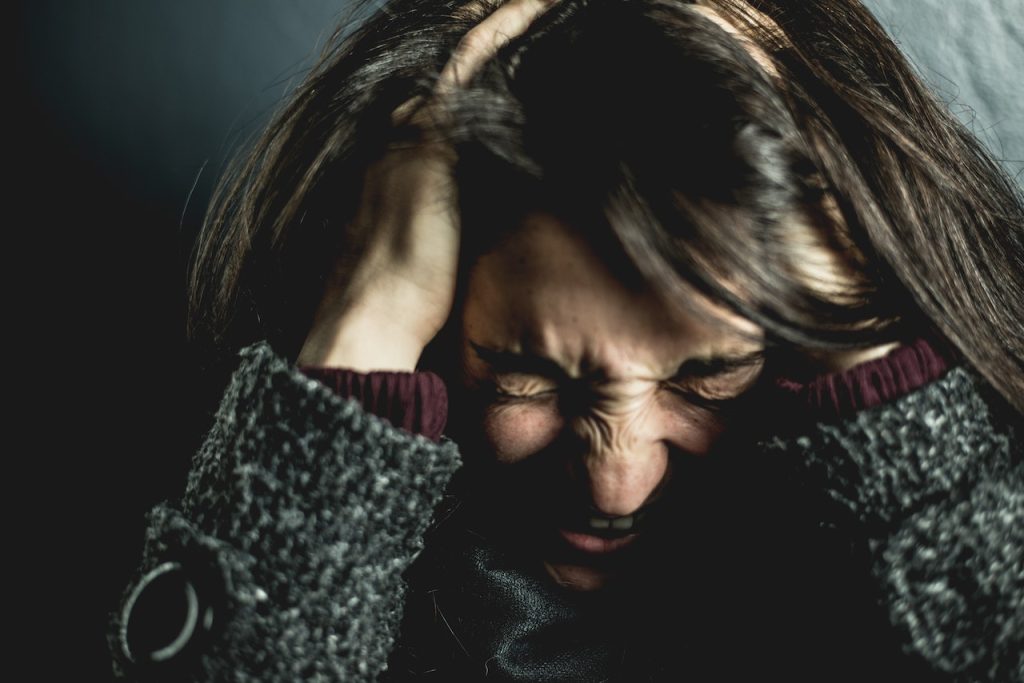- Dandruff is a common scalp condition caused by dryness, fungi, and product sensitivity.
- Choosing the right anti-dandruff shampoo with effective ingredients is crucial for treatment.
- Proper shampooing techniques, conditioning, and moisturization play a key role in managing dandruff.
- Lifestyle factors such as stress management, diet, and hydration impact scalp health.
- Seeking professional help may be necessary for persistent dandruff, and prevention involves consistency in care and a healthy lifestyle.
Dandruff can be a pesky problem that affects many people, causing embarrassment and discomfort. If you’re reading this, chances are you or someone you know is dealing with dandruff. But fret not; you’re not alone in this struggle. This comprehensive guide will explore everything you need to know about managing dandruff effectively.
Understanding Dandruff: What Is It?
What Is Dandruff?
Dandruff is the excessive shedding of dead skin cells from your scalp. It’s a common condition that affects people of all ages, genders, and backgrounds. The white or grayish flakes on your hair and shoulders are often the most visible signs of dandruff. These flakes can be embarrassing, but they’re not harmful or contagious.
What Causes Dandruff?
Dandruff can be caused by several factors, including:
- Dry Skin: If your scalp is dry and lacks moisture, it can lead to dandruff. In such cases, the flakes are usually small and less oily.
- Seborrheic Dermatitis: This common skin condition causes an oily, red, and irritated scalp. It often results in stubborn dandruff with larger, yellowish flakes.
- Malassezia: This is a yeast-like fungus that naturally inhabits the scalp. When there is an excessive growth of Malassezia, it can result in the occurrence of dandruff.
- Sensitivity to Hair Products: Some hair care products can irritate the scalp, triggering dandruff.
- Stress and Diet: High stress levels and poor dietary choices can contribute to dandruff.
Dealing with Dandruff: Tips and Techniques
Choosing the Right Shampoo
Selecting the Right Anti-Dandruff Shampoo

When managing dandruff, one of the most important considerations is choosing the right shampoo. Opting for an anti-dandruff shampoo that suits your specific needs is essential. While researching anti-dandruff shampoo ingredients, look for active ingredients like pyrithione zinc, selenium sulfide, ketoconazole, or coal tar. These ingredients can help control dandruff by reducing the growth of the fungus responsible for it.
Regular vs. Medicated Shampoos
There are two main types of anti-dandruff shampoos: regular and medicated. Regular shampoos contain milder active ingredients and are suitable for mild dandruff. Medicated shampoos, on the other hand, are formulated with stronger ingredients and are recommended for severe cases. Consult with a dermatologist to determine which type is right for you.
Balancing Your Shampoo Routine
Shampooing Frequency and Technique
The frequency of shampooing can impact dandruff. Washing your hair too often can strip it of natural oils, leading to dryness and potential dandruff. On the other hand, infrequent washing can allow oils and dead skin cells to accumulate, also contributing to dandruff. Find a balance that works for your hair type and lifestyle.
Proper Shampooing Technique
When shampooing, be gentle with your scalp. Avoid using your fingernails, as they can damage the skin. Instead, use your fingertips to massage the shampoo into your scalp, ensuring thorough cleaning without irritation.
Rinse Thoroughly
Ensure you rinse your hair thoroughly to remove all traces of shampoo. Leftover product residue can contribute to dandruff and scalp irritation.
Conditioning and Moisturizing
Conditioning
While anti-dandruff shampoos are essential, don’t forget to condition your hair. Use a conditioner suitable for your hair type to keep it moisturized and manageable. Avoid applying conditioner directly to your scalp, as this can worsen dandruff.
Scalp Moisturization
For dry scalp dandruff, consider using a mild, hydrating scalp moisturizer. This can help alleviate dryness and reduce flaking. Look for products with ingredients like aloe vera or glycerin.
Lifestyle Factors and Dandruff
Stress Management
Managing Stress

Stress can exacerbate dandruff symptoms. Finding healthy ways to manage stress, such as meditation, exercise, or counseling, can positively impact your scalp health.
Dietary Choices
Diet and Nutrition
Your diet plays a crucial role in skin health, including your scalp. Ensure you get enough essential nutrients like zinc, B vitamins, and omega-3 fatty acids. These nutrients support a healthy scalp and hair.
Hydration
Drinking adequate water is crucial for maintaining overall skin health, including your scalp. Proper hydration helps in preventing dryness and flakiness.
When to Seek Professional Help
Dermatologist Consultation
Persistent Dandruff
If your dandruff persists despite trying various over-the-counter products and home remedies, it’s time to consult a dermatologist. They can diagnose the underlying cause of your dandruff and recommend specialized treatments.
Prescription Medications
Prescription Medications
Your dermatologist may prescribe prescription-strength shampoos, creams, or oral medications for severe dandruff or seborrheic dermatitis. These treatments target the root causes of dandruff for more effective results.
Preventing Dandruff Recurrence
Consistency is Key
Maintaining Your Hair Care Routine
Once you’ve successfully managed your dandruff, it’s important to maintain your hair care routine. Continue using anti-dandruff shampoos as your dermatologist recommends, even when your symptoms improve.
Healthy Lifestyle Habits
Continue practicing stress management techniques and maintaining a balanced diet to prevent dandruff from recurring. Remember, a healthy lifestyle goes a long way in maintaining overall scalp health.
Dealing with dandruff can be challenging, but armed with the right knowledge and strategies, you can effectively manage it. Remember, there’s no one-size-fits-all solution, so be patient and persistently combat those pesky flakes. Say goodbye to those flakes and hello to healthy, beautiful hair!


